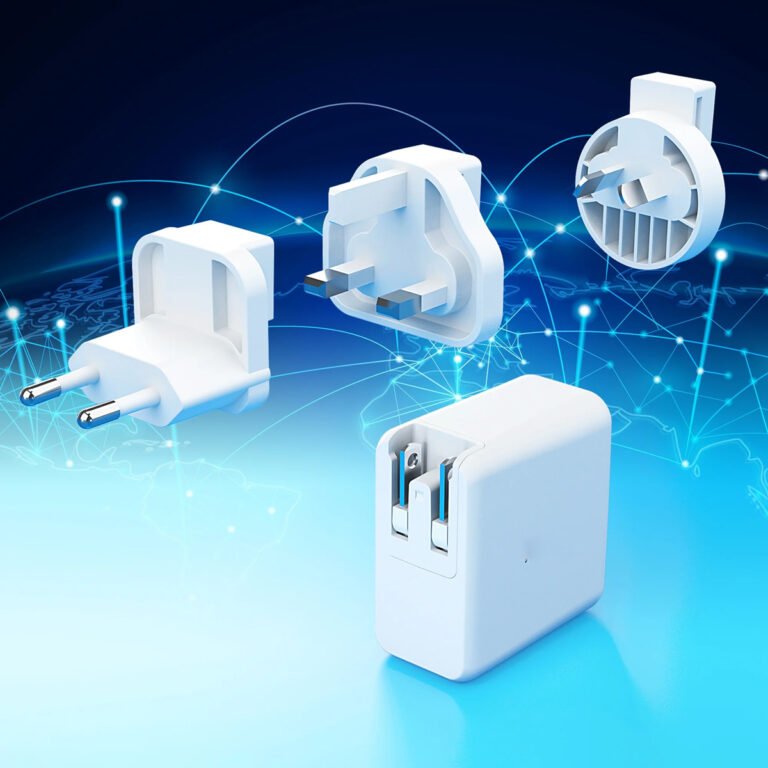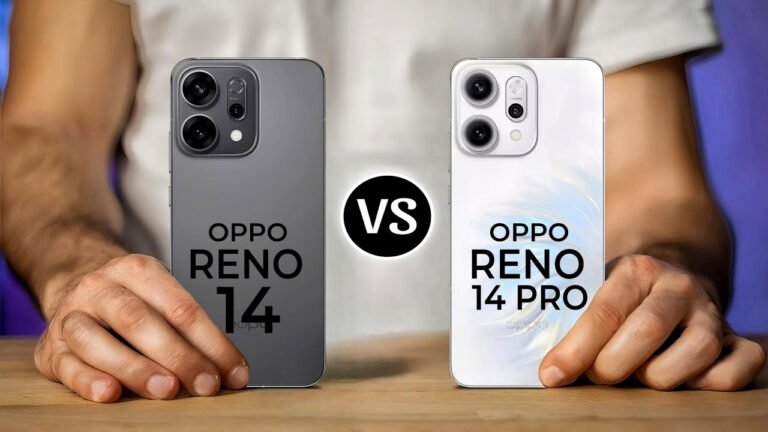1.CE certification
A product with the CE mark means that it complies with a series of European directives on safety, health, environmental protection and consumer protection. Any products that meet the relevant requirements can be affixed with the CE mark, and those that do not meet the relevant requirements cannot be affixed with the CE mark.

The CE certification standard is the EN (European) standard: according to the common obligations of the participating countries, the adoption of this EN standard will give legal status to the relevant national standards of a member state, or revoke the relevant standards of a country that opposes it. In other words, the national standards of the member states must be consistent with the EN standards.
2.CCC certification
The so-called 3C certification was born on May 1, 2002. It is the abbreviation of China Compulsory Certification, which means “China Compulsory Certification”. If the product is included in the first batch of compulsory product certification products issued by the General Administration of Quality Supervision, Inspection and Quarantine of the People’s Republic of China, the product must be subject to mandatory testing and review. Products listed in the catalog that have not been certified by designated agencies and have not been marked and certified in accordance with regulations shall not be sold, imported or shipped. After the implementation of this mark, it replaced the original “Great Wall” mark. The “Great Wall” mark has been invalid since May 1, 2003. It should be noted that the 3C mark is not a quality mark, but a basic safety certification.
3.CQC certification
China Quality Certification Center (C QC) can authorize CQC certification, and products with CQC certification mark are certified by national certification bodies. The purpose of certification is safety and compliance with national response quality standards.
4.CB certification
The CB Scheme (IEC Electrical Product Conformity Testing and Certification Scheme) is an international system operated by the IECEE. Certification bodies in each IECEE member country test the safety performance of electrical products according to IEC standards. The test results, i.e. CB test reports and CB test certificates, are mutually recognized within the IECEE member countries. The purpose is to reduce international trade barriers caused by the need to meet certification or approval standards in different countries. IECEE is the abbreviation of the International Electrotechnical Commission’s Electrical Product Conformity Testing and Certification Organization.

5.PCT certification
“Products that want to enter the customs territory of the Russian Federation must obtain a GOST conformity certificate issued by the Russian State Committee for Standardization and Metrology. ” Russian law stipulates this. Therefore, to enter the Russian market, you must obtain this certification, but our country is very different. As long as we have the Russian PCT standard certification, it is equivalent to getting a pass to enter and exit Russia. (Note: Nothing is perfect, and there are very few products that cannot enter Russia even with a certificate)
6.PSE certification
Japan’s DENTORL Law (Electrical Equipment and Materials Control Law) stipulates that 498 products must pass safety certification before entering the Japanese market. Among them, 165 Class A products should obtain the diamond-shaped PSE mark, and 333 Class B products should obtain the circular power supply PSE mark. For example, Japanese charger adapters that want to be sold in Japan require PSE certification.
7.ETL certification
ETL is the abbreviation of Electrical Testing Laboratories. ETL laboratory was founded by American inventor Edison in 1896 and enjoys a high reputation in the United States and even the world. Like UL and CSA, ETL can test and issue ETL certification marks in accordance with UL standards or American national standards, or issue composite certification marks in accordance with UL standards or American national standards and CSA standards or Canadian standards at the same time. The “us” in the lower right corner means it is applicable to the United States, and the “c” in the lower left corner means it is applicable to Canada. Both “us” and “c” are applicable to both countries. Any electrical, electromechanical product can be tested for product performance through EMC testing. As long as the product is affixed with the ETL mark, it means that the product has been tested and passed by ETL. Passing ETL means meeting relevant industry standards.
8.TUV certification
TUV -Heinland is the largest product safety and quality certification agency in Germany and a government-approved testing agency. TUV, FCC, CE, CSA and UL certifications are all at the same level as authoritative agencies. To enter the German market, you must pass TUV certification. Therefore, TUV certification and the above five logos can be seen on various IT products and home appliances.
9.CSA certification
The Canadian Standards Association is abbreviated as CSA, which means Canadian Standards Association. Founded in 1919, electronic appliances in the North American market must obtain CSA certification. CSA is the largest certification body in Canada and one of the more famous safety certification bodies in the world. Machinery, building materials, electrical appliances, computer equipment, office equipment, environmental protection, medical fire protection, sports, entertainment and other products can be tested and provided with product safety certification.
10.GS certification
GS means “Geprufte Sicherheit” (safety certified) in German, and also means “German Safety”. GS certification is a voluntary certification based on the German Product Safety Act (SGS), and is tested in accordance with the EU standard EN or the German industrial standard DIN. It is a German safety certification mark recognized by the European market. With the GS certification mark, it means that it is safe and has been tested by an independent organization with credibility. It is different from CE because it is not required by law, but safety awareness has been deeply rooted in the hearts of ordinary consumers. If there is a product with the GS certification mark and a product without the GS certification mark, the product with GS certification must be more competitive.
11.UL certification

UL is the abbreviation of Underwriter Laboratories Inc, which means Underwriters Laboratories in the UK. It was born in 1894, and the most authoritative laboratory in the United States belongs to UL. It is also a private organization, and it also conducts safety tests and evaluations worldwide.
It is different from other organizations as an independent, non-profit, and professional organization that conducts experiments for public safety. Using scientific testing methods, research and determine whether various materials, devices, products, equipment, buildings, etc. are harmful to life and property; determine, compile and publish corresponding standards to help reduce and prevent damage to life and property.
At the same time, conduct on-site investigation business. In short, it is mainly engaged in product safety certification and business safety certification business. Its purpose is to obtain products with considerable safety standards for the market and contribute to the protection of personal health and property safety. In terms of product safety certification as an effective means to eliminate technical barriers to international trade, UL has also played an active role in promoting the development of international trade.
12.FCC certification
Introduction: FCC certification (Federal Communications Commission) was established by COMMUNICATIONACT in 1934. It is an independent agency of the US government and is directly responsible to Congress. Many radio application products, communication products and digital products require FCC approval to enter the US market. The Federal Communications Commission (FCC) has established a series of product quality and performance standards related to the electromagnetic compatibility of electronic equipment and the personal safety of operators. These standards established by the FCC have been used by many people and have also been certified by technical regulatory agencies or similar agencies in various countries around the world.
13.NF certification
NF is the code for French standards, implemented in 1938, and its management body is the French Association for Standardization (AFNOR). The French Association for Standardization (AFNOR) is a non-profit, non-profit organization established in 1926 under the French Decree of 1901 and recognized and funded by the government. The association is the core of the French standardization system. NF service certification is a voluntary NF mark certification that confirms that the quality and reliability of the service meet the quality and performance required by French, European and international standards. It involves moving sites, furniture storage units, travel agencies, repair trailers, passenger transport, personal safety, lifelong education, etc.






